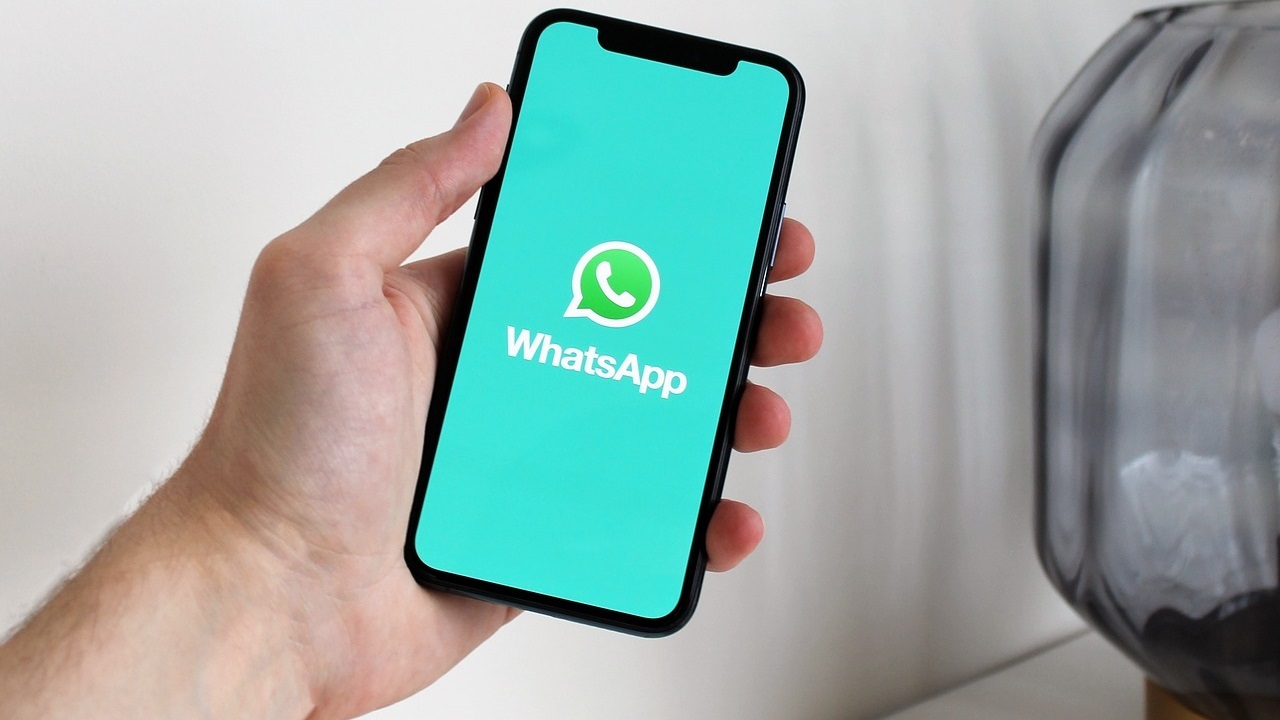Generative artificial intelligence (AI) has dramatically transformed how businesses operate and make decisions. It’s a breakthrough technology that, while powerful and helpful, can also be misused in the wrong hands. And, in recent years, we’ve seen exactly that: cybercriminals using AI for scams.
The alarm bells are sounding over a new type of cybercrime: voice cloning scams. Essentially, these scams involve replicating someone’s voice using AI tools to make it sound like they’re speaking in real-time. Think about it: you receive a voice note from your boss, friend, or family member requesting a specific action, and you comply without a second thought. But what if that voice wasn’t really them?
This isn’t a sci-fi plot. Real-life incidents have already cost companies and individuals millions. In one instance, an energy company CEO’s voice was replicated to scam $243,000 in the UK. Another case saw a Hong Kong firm losing $35-million due to a similar ruse. And it’s not just businesses that are at risk. Even regular folks might receive a voice note from a ‘family member’ in distress, seeking financial help or sharing some distressing news.
Stephen Osler from Nclose describes the situation: “These scams are incredibly intricate. Using tools that are easy to find online, con artists can mimic anyone’s voice with just a short audio clip.” With voice notes becoming a popular form of communication, especially for busy professionals on platforms like WhatsApp, the risks are ever-present.
Here’s a scenario: an IT person gets a voice note, supposedly from their manager, asking for a password reset. Without thinking, they follow through, unknowingly giving cybercriminals a way into their system. It’s a recipe for disaster, potentially paving the way for massive data breaches or ransomware attacks.
Where are they getting these voice recordings? Often from us. From voice notes shared on messaging apps to social media videos and even recorded phone calls, we’re unwittingly supplying the raw materials for these scams.
Osler warns that as deepfake technology advances, it’s going to be even tougher to distinguish real from fake. His advice? Companies and individuals alike need to adopt a more skeptical approach. Don’t take voice notes at face value, especially if they involve sensitive instructions or transactions.
Companies should implement stringent processes for significant actions, whether it’s financial transactions or system resets. A voice note, no matter who it’s from, shouldn’t be the sole basis for any decision.
For everyone else, it’s a matter of staying vigilant and always verifying the source. It might seem tedious, but in the age of sophisticated AI scams, double-checking could save you a lot of trouble.
Read Also: FraudGPT: The Dark Web’s New AI Weapon for Cybercrime
Categories: Technology
Source: vtt.edu.vn
